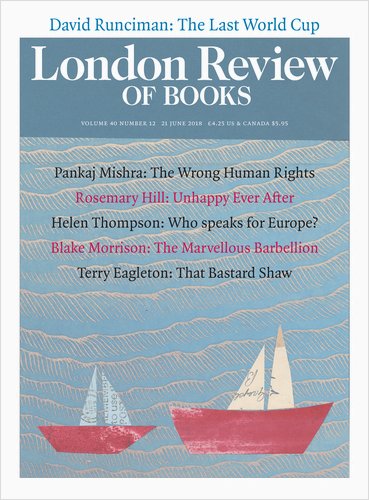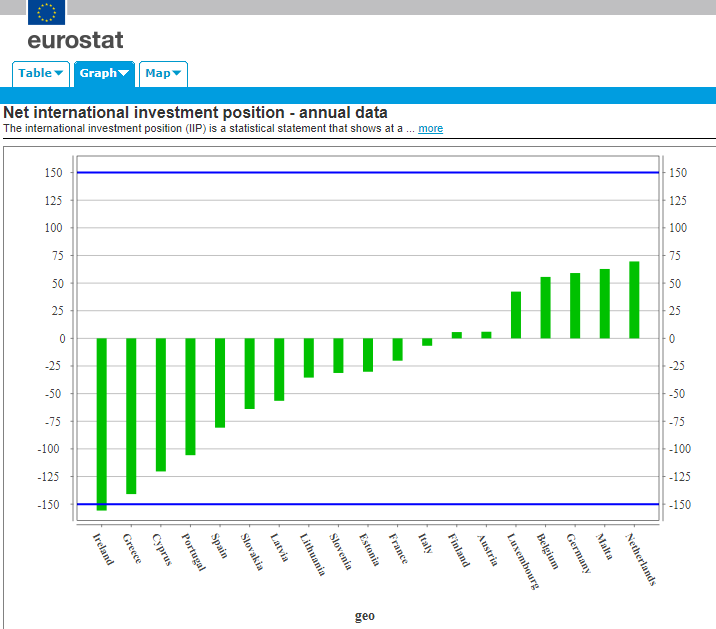Argentina had a balance-of-payments crisis recently and required help. The IMF has agreed for a stand-by arrangement of $50 billion on the condition in the IMF’s own words:
“At the core of the government’s economic plan is a rebalancing of the fiscal position. We fully support this priority and welcome the authorities’ intention to accelerate the pace at which they reduce the federal government’s deficit, restoring the primary balance by 2020. This measure will ultimately lessen the government financing needs, put public debt on a downward trajectory, and as President Macri has stated, relieve a burden from Argentina’s back.
So Argentina has to agree on policies with deflationary bias to its output. John Maynard Keynes made this observation, had a completely different attitude than the IMF and proposed to change it. From The Collected Writings Of John Maynard Keynes, Volume XXV: Shaping The Post-War World: The Clearing Union, Chapter 1, The Origins Of The Clearing Union, 1940-1942, pages 27-30:
III. The Analysis of the Problem
I believe that the main cause of failure (except in special, transient conditions) of the freely convertible international metallic standard (first silver and then gold) can be traced to a single characteristic. I ask close attention to this, because I should argue that this provides the clue to the nature of any alternative which is to be successful.
It is characteristic of a freely convertible international standard that it throws the main burden of adjustment on the country which is in the debtor position on the international balance of payments,—that is on the country which is (in this context) by hypothesis the weaker and above all the smaller in comparison with the other side of the scales which (for this purpose) is the rest of the world.
Take the classical theory that the unlimited free flow of gold automatically brings about adjustments of price-levels and activity between the debtor country and the recipient creditor, which will eventually reverse the pressure. It is usual to-day to object to this theory that it is too dependent on a crude and now abandoned quantity theory of money and that it ignores the lack of elasticity in the social structure of wages and prices. But even to the extent that it holds good in spite of these grave objections, if a country is in economic importance even a fifth of the world as a whole, a given loss of gold will presumably exercise four times as much pressure at home as abroad, with a still greater disparity if it is only a tenth or a twentieth of the world, so that the contribution in terms of the resulting social strains which the debtor country has to make to the restoration of equilibrium by changing its prices and wages is altogether out of proportion to the contribution asked of its creditors. Nor is this all. To begin with, the social strain of an adjustment downwards is much greater than that of an adjustment upwards. And besides this, the process of adjustment is compulsory for the debtor and voluntary for the creditor. If the creditor does not choose to make, or allow, his share of the adjustment, he suffers no inconvenience. For whilst a country’s reserve cannot fall below zero, there is no ceiling which sets an upper limit. The same is true if international loans are to be the means of adjustment. The debtor must borrow; the creditor is under no such compulsion.
…
… Thus it has been an inherent characteristic of the automatic international metallic currency (apart from special circumstances) to force adjustments in the direction most disruptive of social order, and to throw the burden on the countries least able to support it, making the poor poorer.
…
I conclude, therefore, that the architects of a successful international system must be guided by these lessons. The object of the new system must be to require the chief initiative from the creditor countries, whilst maintaining enough discipline in the debtor countries to prevent them from exploiting the new ease allowed them in living profligately beyond their means.
So Keynes proposed to change this so that creditors also share the burden. In his plan for Bretton Woods (page 80), he proposed to impose a penalty on creditor nations and also require them to take measures such as:
(a) Measures for the expansion of domestic credit and domestic demand.
(b) The appreciation of its local currency in terms of bancor, or, alternatively, the encouragement of an increase in money rates of earnings;
(c) The reduction of tariffs and other discouragements against imports.
(d) International development loans.
Of course we are past the Bretton Woods system and have a system of a mix of fixed and floating exchange rates but it hasn’t provided the market mechanism required to resolve imbalances. The adjustment is still on output and employment. Hence the need for an official mechanism to resolve imbalances. Bancor isn’t relevant now, but official intervention is.





